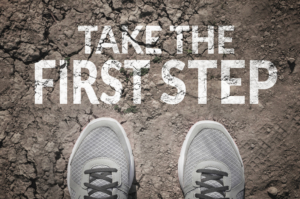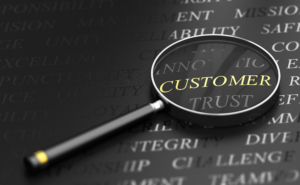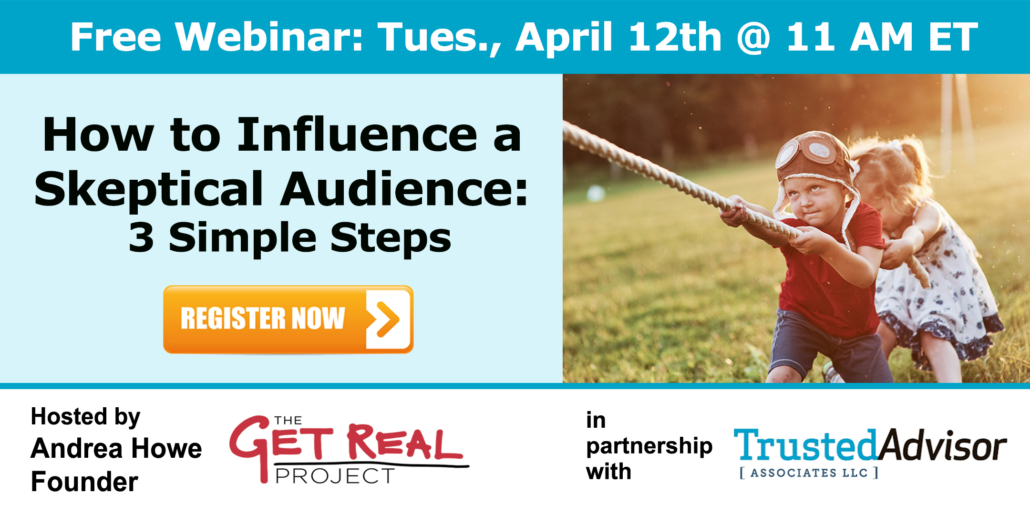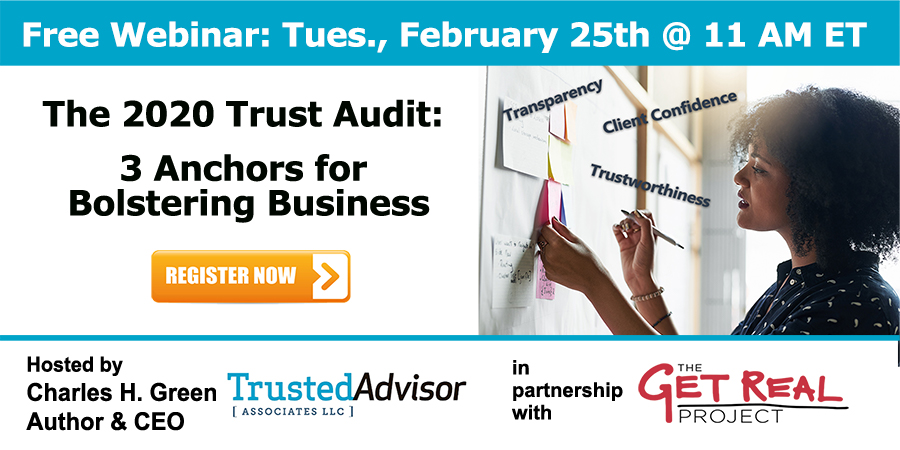Building Trust in a Low-Trust World

Being trustworthy means you make it easier for another person to trust you. You do what you say, are authentic in your words and actions, and are an overall “solid” human that people hold in high regard. But with trust, being trustworthy is only one side of the coin. To create trust, you must be trustworthy, and you also must take the risk of trusting. The latter is where most people struggle.
In our current state of the world, trust is insanely low. Only 17% of Americans today say they can trust the government in Washington to do what is right “just about always” (Pew Research Center) and a Harvard Business Review survey revealed 58% of people say they trust strangers more than their own boss (Forbes). People are looking side to side to determine who they can trust and are coming up short. We’re in a trust standoff, and if no one steps forward first, there will be no movement.
How do you build the most satisfying personal and professional relationships possible, when no one is willing to take the risky leap to trust? The answer is that you need to take the first leap, and trust that the other person will reciprocate and trust you in return. You can make that reciprocation easier by leading with intimacy, which is the strongest factor in The Trust Equation.
Intimacy is about creating a sense of safety in the relationship, for you and for your client or colleague. It’s part discretion, part empathy, and part risk-taking. True intimacy demands that you be vulnerable and open to taking risk, just as you are asking your client to take the leap to trust you. Here are five practical ways to kick intimacy into high gear:
- Listen really well, to both facts and emotions. Be fully present to what your client is saying and experiencing. This may mean putting aside distractions (no multi-tasking) or silencing the voice in your head that is running off to solve the problem you think you already identified. Then acknowledge what you hear, both the facts and the feelings. Giving someone the gift of listening is the fastest way to create intimacy.
- Share something personal. You don’t have to share private details of your life, or even what you did over the weekend. Some of the most intimacy-building moments come from sharing how you personally are impacted by a situation, a decision, or an experience.
- Tell your client something you appreciate about them. Are you impressed by their point of view? Appreciate how they navigated a tricky political situation? Grateful for the support they’ve given you? Don’t just think it, say it.
- Comment on feelings – yours or theirs. Empathy creates emotional connection. When your client knows you really understand them, not just the situation, but how it impacts them, they will be more open to hearing your perspective. And because trust is a two-way street, be willing to share with them when you’re frustrated, excited, or upset. They’ll appreciate knowing that you’re human, too.
- Say what needs to be said. Acknowledging uncomfortable situations and being direct with less-than-happy news lets your client know they can count on you for the good and the bad, so they aren’t left wondering if there’s something you’re holding back. Bonus – candor builds credibility at the same time.
It’s easy to say you must take the first step in creating trust, yet harder to do because it feels so risky. Here are five more practical tips to help you overcome your fear to take this important personal risk:
- Realistically assess the risk. Ask yourself, “What’s the worst thing that can happen? What is the probability of that happening?” Then act accordingly.
- Name it and claim it. What is making it feel risky to you? Getting these fears into the light of day can rob them of their hold on you.
- Practice empathy. As discussed above, empathy creates connectedness. It also can help you see the situation from both sides, which creates a more objective perspective on the risk you feel.
- Identify your assumptions. Discern the facts that you know from the assumptions you make. Having trouble discerning fact from assumption? You can always ask your client to help you see it more clearly.
- Believe in reciprocity. You have the choice to take the first step. Believe that the other person will follow.
Trust is personal, and it occurs between two people. You can’t force someone to trust you. What you CAN do is pave a smooth path that feels less risky for both you and your client.

 Virtual, virtual, virtual. It’s all the rage now. Virtual meetings. Virtual teams. Virtual selling. There is no shortage of Google results boasting “11 Tips,” “5 Ways,” and “The One Thing You Need to Know.” Sales and relationship training providers are quick to tell you that you must, must, must adapt quickly to your new virtual reality or watch your revenues plummet. Providers of professional services seem especially quick to take the bait.
Virtual, virtual, virtual. It’s all the rage now. Virtual meetings. Virtual teams. Virtual selling. There is no shortage of Google results boasting “11 Tips,” “5 Ways,” and “The One Thing You Need to Know.” Sales and relationship training providers are quick to tell you that you must, must, must adapt quickly to your new virtual reality or watch your revenues plummet. Providers of professional services seem especially quick to take the bait.



 It raises to the forefront the question: How do you create trust at a distance? Those who figure that out now will be appreciated, effective, and successful going forward.
It raises to the forefront the question: How do you create trust at a distance? Those who figure that out now will be appreciated, effective, and successful going forward. As the Novel Coronavirus pandemic disrupts business across the globe, companies are scrambling to assess and mitigate the near-term impact to their business. One of our clients recently shared an email he sent to his team of client relationship partners, reminding them to take a trust-building approach: reach out with information, but foremost with humanity.
As the Novel Coronavirus pandemic disrupts business across the globe, companies are scrambling to assess and mitigate the near-term impact to their business. One of our clients recently shared an email he sent to his team of client relationship partners, reminding them to take a trust-building approach: reach out with information, but foremost with humanity.

